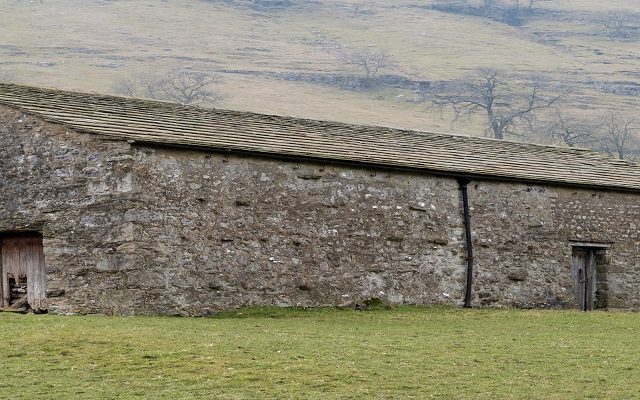Health & Harmony | DEFRA’s consultation on the future for food, farming and the environment
DEFRA has published its long-awaited consultation paper on the future for food, farming and the environment outlining its vision for what it deems a “green Brexit”.
The foreword says the Government plans to seize the once-in-a-generation opportunity that Brexit presents to reform agriculture, with the overarching goal being to change the way land is used, to promote “health and harmony”.
There are no big surprises in the document given much of the content had been heavily trailed by DEFRA Secretary of State Michael Gove during recent speeches.
It repeats Mr Gove’s viewpoint that the Common Agricultural Policy is flawed and has resulted in a deterioration of the natural environment, suggesting the solution is to move to a system of public payments for public goods. As he told the NFU Conference in February, his goal is “a healthy and beautiful countryside, producing food that makes us healthier as individuals, in a society which has a healthier attitude towards the natural world.”
It is an ambitious agenda, influenced deeply by an awareness of a range of moral and political problems the planet is currently facing. These include how to feed a growing population while at the same time keeping our soils fertile, safeguarding our oceans, protecting biodiversity and tackling growing issues such as waste, water availability and air pollution.
The document notes that the proposals it contains are a range of possible paths, which should be regarded as “the beginning of a conversation, not a conclusion.” A close read of the 64-page document proves this to be the case. It provides some answers, but it mainly raises questions, particularly on the length of the ‘agricultural transition’ period from Basic Payments to payments for public goods, which will significantly affect the profitability of all farms, and especially grazing livestock and poorer-performing farms.
At times, it feels like while the Government has its overarching vision of what is trying to achieve firmly nailed down, it is still uncertain on how to approach some of the key issues.
For example, the document sets out how some public goods will be paid for through a new Environmental Land Management Scheme (NELMS), but says nothing about how the rest will be funded – it implies it wants answers from the private sector.
There is also the question of how the business of producing safe, affordable, traceable food – while making a profit – sits within the policy framework. The Government says there is clear evidence to show that productivity improvements will enable farms, on average, to remain profitable following a withdrawal of direct payments. However, this is going to be an exceptionally challenging process for many farmers, not just the ones with poorer-performing businesses. And if farmers can’t make food production pay, then we will inevitably see significant restructuring.
But as we examine the Government’s plans, we need to look at what might be gained, not just what we might lose. If there is an acceleration of farmers retiring and leaving the industry, this will create opportunities for others.
The government says it intends to simplify the regulatory culture so it is fairer to farmers and less of a burden. It is promising environmental schemes with streamlined application processes and a more user-friendly design. The ability to access payments for activities which protect natural capital assets could open up exciting new income streams. While doors are closing, new ones will open.
In truth, at this stage, it’s too early to assess the impact of a new policy direction on UK agriculture. One thing is for sure though: change is coming. In the meantime, our advice to farmers and landowners is to ensure their businesses are performing at the top of their game and make sure they are in the right mind set for change to take their business forward. Being ready for change is the key to a profitable and successful future.






